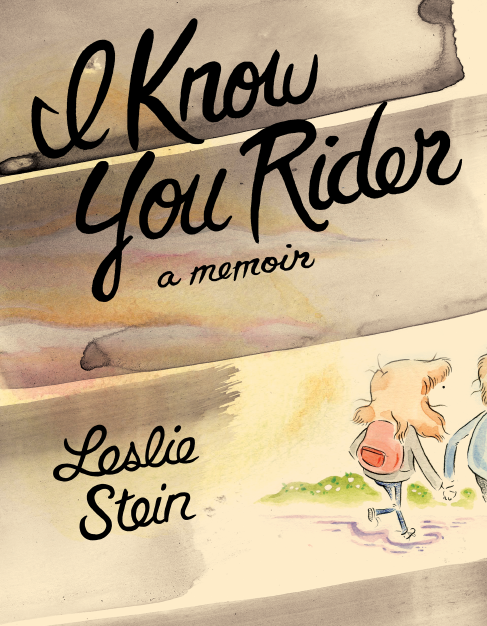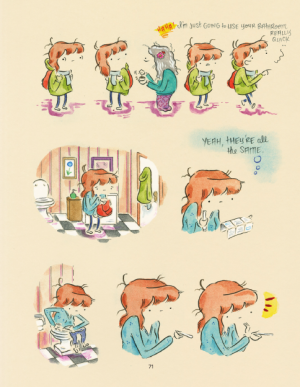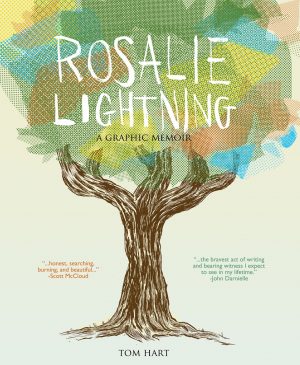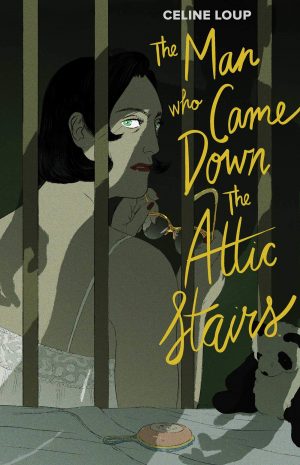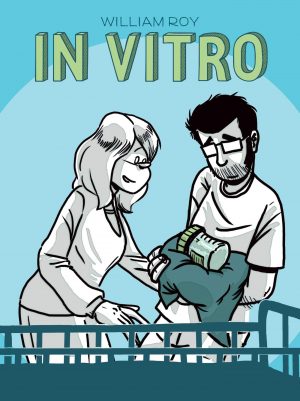Review by Frank Plowright
Although subtitled A Memoir, this is a very specific memoir accompanying Leslie Stein through just a single year of her life. It opens in what’s obviously a form of medical clinic and a number of women awaiting a procedure, Stein among them. The location isn’t spelled out, although what most readers will presume is later confirmed.
The main title gives little away, even to Deadheads, and as is her style, Stein circles a subject before almost accidentally dropping into it. She intends her next work to be about babies, has observations about the people who bring them into the bar where she works, and chats with a taxi driver who has six children and considers them infinitely rewarding. Some friends have them, and others don’t, while to Stein ecological factors weigh heavily when it comes to the responsibilities of birth. A narrative structure is applied to her life in hindsight by showing a one night stand, and by separating the discussions with depictions of the abortion procedure. With reference to her ongoing thoughts regarding the chances of her falling pregnant when preparing a book about babies, she’s told by a friend that coincidences are so common they’re statistically insignificant.
In modern North America abortion is immediately divisive, with moral imperatives only rarely framed in consideration of the consequences for an unwanted child. That Stein is already mulling over babies as a topic and the conversations shown before she realises she’s pregnant display she’s given a great deal of thought to babies, if more abstractedly. As in her other work, people are anonymised, most obviously through the lack of features, but in one particular case a person is reduced to dialogue coming from off panel.
Artistically Stein has two signature devices. The lack of facial features diminishes the possibilities for expression and still seems self-limiting, but it endows a greater importance to what people are saying. Her unique use of colour is the second. She’s seemingly alone among respected creators in using colour pencils as the tools of her trade, but they supply an immediacy. It’s not a great stretch to imagine the pages being roughed out during slow spells in the bar.
Being a personal memoir, no generalisations can be made, but what do women occupy themselves with while waiting for an abortion? Stein chooses to post a sonogram online, and a second mistake is talking about children in the abstract with her demanding mother. While not a linear progression, there’s perhaps a spiral as structure, as Stein completes her book as intended, but with far greater personal input than she ever anticipated. Taking a step away from earlier work, there’s a definite conclusion, but in the Stein fashion it’s a conversation, or a series of them in fact.
Stein’s work is personal, and despite her discursive approach her thoughtful humanity and emotional consideration always connects, even with a topic more likely to polarise than her earlier publications.
